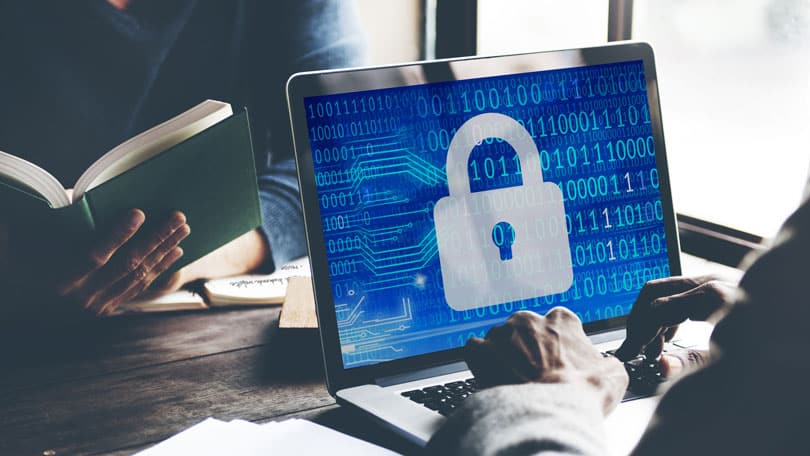Your privacy is deeply intertwined with your dignity as a person. It is precious and worth protecting. Various local, national, regional and international privacy regulations and guidelines detail how organizations should handle your personal information in order to protect your privacy.
Examples of personal information whose unauthorized disclosure would leave you feeling vulnerable and insecure include your name, date of birth, physical address, phone number, bank details, and medical records. But whereas any institution you share personal information with has a duty to protect it, the primary responsibility for maintaining your privacy lies with you.
The following are some of the things you can do to keep your private information private.
Understand Your Rights
The better you understand your privacy rights, the more effective you will be at exercising them. The nature of these rights will vary depending on your country of residence, nationality and the physical location where your data is stored.

For example, if you live in the European Union (EU) or are a citizen of the EU, any organization you entrust your personal information to must handle the data in compliance with the EU’s General Data Protection Regulation (GDPR).
Always Read Privacy Policies
All websites and organizations that collect personally identifiable information must have a privacy policy. The privacy policy details what they will do with your personal data. The policy should explain what information they collect, how they’ll handle it, how you can access it and what procedure to follow if you want to file a privacy complaint.
A privacy policy must unequivocally state whether your data will be transmitted or stored overseas. If any aspect of the privacy policy isn’t clear, request for clarification.
Take Precautions When Online
The Internet is arguably the most transformative invention of the 20th century. But the convenience it brings also comes with unprecedented threats to personal privacy. Personal data can be uncovered and propagated much faster on the internet. Your most closely guarded secrets could be made available to the entire world in seconds.

That’s why you should be careful about what you do online. Only hand over banking and credit card information to secure websites (when you visit the site, there should be a HTTPS:// before the URL). Don’t use public WiFI when shopping online or initiating online transactions. Visit sites that portray a robust access rights management program.
Beware Of Mobile
Smartphone use has skyrocketed over the last 10 years. The computing power of today’s smartphones now rivals that of laptops and desktops. Naturally, this amount of power within easy reach has seen a lot of everyday processes now carried out on mobile. Your personal emails, SMS, phone numbers of friends and family, social media accounts, internet banking apps, photos, and in some cases, business records.
Think about what would happen if your phone fell into the wrong hands. Ergo, put a pin, pattern or biometric lock on your phone. Don’t share your GPS location with every app or website that requests for it (where possible, keep GPS location off until an app that really needs it asks for it).
Beware Of Social Media
If you are like most internet users, you spend more time on social media platforms than you do on any other website or app. Social networking sites are a convenient way to keep in touch with your social circle. However, it’s on social media that people inadvertently share the most personal data.
So before you create an account on a social networking website, read through their privacy policy. Remember, your digital footprint can last long after you are gone. Don’t post anything that you might regret later. Find out whether you can limit what posts can be seen by the public and which ones are visible to your friends or followers only. Your account may come across as boring and uneventful but that will certainly augur well for your privacy.
The fate of your privacy is largely in your own hands. Don’t leave it to chance.













Leave a Reply